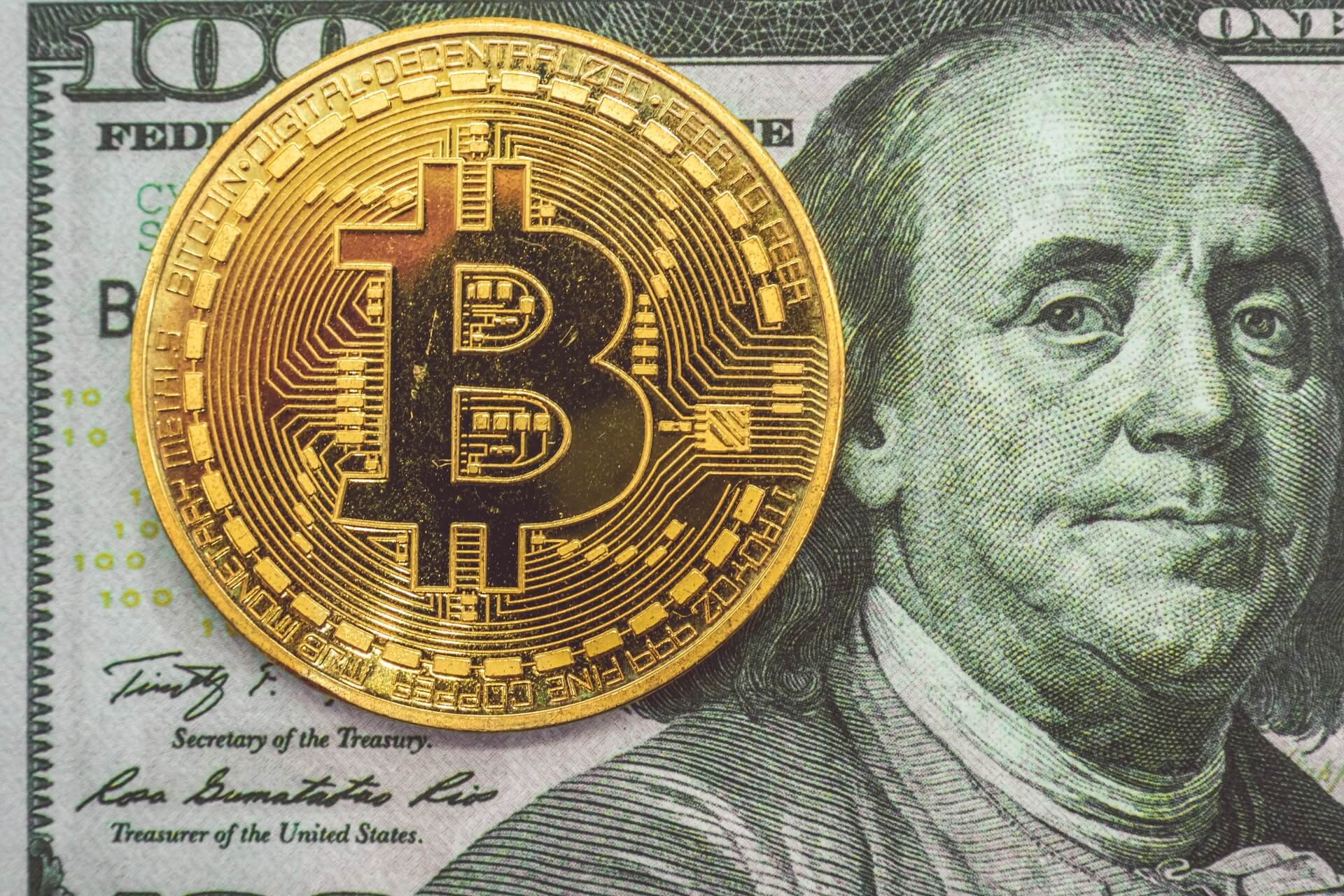Let’s Talk About Bitcoin
by David Klemt
Bitcoin and cryptocurrency in general are no strangers to media attention, but it seems like the coverage is increasing.
Of course, it helps when people who are excellent at garnering attention talk about it. Consider the explosion in news stories and online conversations about cryptocurrencies when Elon Musk tweeted about Dogecoin.
Then there’s the mystery factor. Many people don’t understand Bitcoin, Ethereum or other forms of cryptocurrency. The word itself—”crypto”—lends to the enigmatic air of this form of currency.
As a business owner, you should at least have a cursory understanding of cryptocurrency. After all, some people may try to pay you with it and you should at least consider meeting these guests where they are.
Before we proceed: I’m not a cryptocurrency or financial expert. I’m sharing information I’ve come across in my research over the years. Don’t make any financial or business decisions solely based upon what you read here—learn more for yourself and consult with experts before making investment decisions.
Crypto is Relevant to Our Industry
I’ve written about cryptocurrency—Bitcoin in particular—in the past. In one article, I wrote about a “nightclub” within a nightclub in Las Vegas devoted to cryptocurrency.
The club, MORE, had its own “coin” (MORE Coin), accepted other cryptocurrencies, and tailored its experience to crypto fanatics. It has become more of a members’ club, offering access to and preferential treatment at an array of venues, along with other perks. The club’s coin is purchased via Bittrex, a popular exchange platform
There are also hotels in Las Vegas (and other cities, of course) that accept cryptocurrencies like Bitcoin for rooms. Bitcoin ATMs scattered throughout Vegas allow people to access their wallets and convert crypto to cash.
Paying with crypto may become more commonplace than we think, sooner than we think.
Crypto Basics
Let’s address the term “cryptocurrency.” In this case, “crypto” is a reference to the encryption technology that protects a cryptocurrency network.
Bitcoin and other digital tokens, such as Ethereum and Dogecoin, are decentralized currencies. That is, there’s no main server, no government, no bank that controls or owns the network.
A digital token is incredibly difficult—if not impossible—to counterfeit or “double-spend.” This is due to sophisticated encryption technology and the blockchain.
The blockchain is a peer-to-peer distributed ledger technology that makes it incredibly difficult (again, if not impossible) to take over a crypto network. Every transaction is public knowledge; open to inspection; duplicated and distributed throughout an entire network; and unalterable.
It’s that last point that made Bitcoin viable. Unlike attempts in the past to create digital currencies, the blockchain makes crypto trustworthy in that someone can’t just make up a new currency, wait for people to buy in, and then take it all for themselves.
Bitcoin has become synonymous with cryptocurrency. It’s the first viable digital token as we know it, the most popular, and at the moment, the most valuable.
Interestingly, it’s widely accepted that Ethereum is the second-most popular digital token but the most-utilized blockchain.
Finally, Bitcoin is finite. There are exactly 21 million Bitcoins—that’s it. Once they’re all mined, no more will be made.
Beyond the Basics
Fewer than 2.4 million Bitcoins remain to be mined. Currently, one Bitcoin is worth about $58,000.
A person uses a digital “wallet” to send and receive Bitcoin. Some people store their unique wallet on their computer; a separate and dedicated hard drive; a thumb drive; or a “cold” wallet, a device that’s not connected to the Internet to protect it from hackers.
If a person loses their wallet or password, they lose their Bitcoin(s). There’s no way yet to know how many of the 21 million Bitcoins have been lost.
Bitcoin is a software system. Therefore, it can be copied. That’s the reason crypto beyond Bitcoin—such as the aforementioned Ethereum and Elon Musk-promoted Dogecoin—exists.
One of the biggest questions people have about bitcoin is, “Is this a scam?” Search online and you’ll get a mix of results.
There are high-profile people like Jack Dorsey and Elon Musk who are apparently heavily invested in crypto. There are critics calling the whole thing a scam and fraud. Then there are some former critics, like Jordan “The Wolf of Wall Street” Belfort, who were highly critical and suspicious of crypto but have changed their tunes.
Support from hotels, restaurant chains, financial institutions and other legitimate businesses seems to answer the scam question. However, operators must proceed with caution, as they would for any change in their business or investment.
Accepting Bitcoin Payments
Businesses that decide to accept Bitcoin and/or other digital tokens will need a POS app or platform to do so.
Starbucks is reportedly using Bakkt to accept Bitcoin.
Other options include BitPay Checkout, Bitcoin Cash Register, Anypay, and Paytomat.
Some solutions create a QR code the guest scans with their phone to complete a transaction. Others convert digital tokens to cash to accept payment.
It’s important to note that the IRS treats cryptos differently than US dollars. Before choosing to accept cryptocurrencies as payment, consult with your tax professional and accountant to ensure you don’t run afoul of any laws.
Canadian operators should note that while crypto is legal in the country. However, only the Canadian considered official legal tender in Canada. Again, this is why it’s so important to consult relevant experts before proceeding with crypto in your business.
Disclaimer
The information provided in this post does not constitute investment advice, financial advice, trading advice, or any other sort of advice. Neither the author nor KRG Hospitality recommend that any cryptocurrency should be bought, sold, or held by you. Conduct your own due diligence and consult your financial advisor before making any investment decisions.
Image: Bermix Studio on Unsplash

